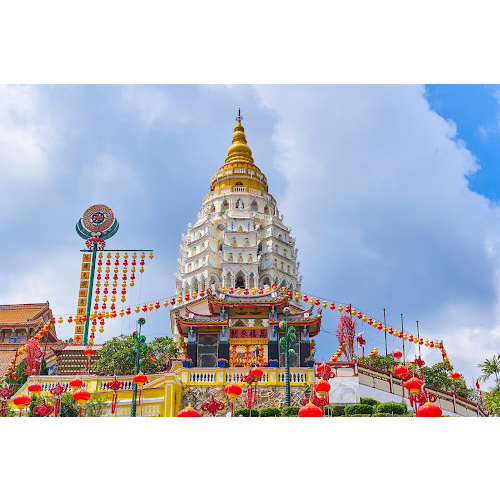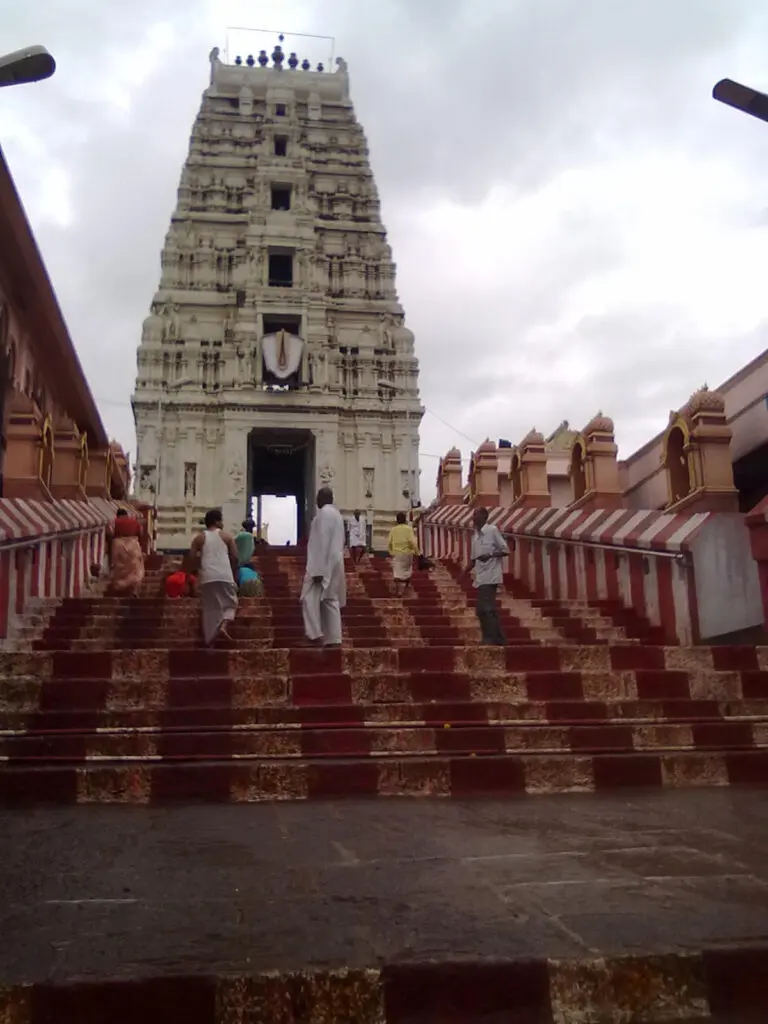Explore Hindu Mythology’s Mythical Battles: Defeating Lord Shiva and Clash of Deities Uncover captivating tales of battles among powerful deities from Hindu mythology, with particular focus on defeating Lord Shiva. Charpatinath’s victory against Lord Shiva to Lord Krishna’s epic clash against Lord Shiva are stories which provide fascinating glimpses into divine conflicts as well as devotion and divine intervention as key factors behind these mythical battles. Delve deep into their myths and strategies employed to uncover their symbolic representations! Who can defeat lord shiva?
Table of Contents
Mythical Battle: Charpatinath’s Triumph over Lord Shiva
In Navnath Bhaktisar’s devotional book Navnath Bhaktisar there’s an exquisite story which chronicles Charpatinath, one of the revered Navnath sages, emerging victorious against Lord Shiva after an extraordinary fight between these two figures. This legend gives great meaning as it shows devotion’s powerful influence while maintaining faith in Navnaths as it illuminates devotion’s strength by symbolically representing their strength against Lord Shiva!
Charpatinath led Narada Muni to heaven where he inadvertently caused havoc by plundering fruit and flowers from their garden, disconcerting guards who attempted to apprehend Charpatinath but failed. When Indra heard what had transpired he sent other deities against Charpatinath but all failed as well. Ultimately this battle ultimately was won by Charpatinath despite these odds, although Indra did attempt sending other gods against Charpatinath but none were successful either in stopping him due to Indra’s anger; even Indra sent other deities to defeat Charpatinath but ultimately failed as well.
Realizing his futility against Charpatinath, Indra sought Lord Shiva’s help. Lord Shiva and his ganas joined the fight, only for Charpatinath to employ “Vatakarshana Vidya,” rendering them unconscious – even Lord Vishnu was overpowered by Charpatinath until Pippalayan intervened, saving Lord Shiva and other deities from certain defeat.
This captivating tale illustrates the strength of devotion and righteousness triumphant. It shows that even deities like Lord Shiva can be temporarily subdued through faith-driven acts performed with integrity. As an inspiration to devotees everywhere, this tale serves to inspire them in cultivating deep devotion to and belief in their chosen deities.
The Harihara War Between Lord Krishna and Shiva
The Harihara War stands as an iconic clash between two powerful deities – Lord Krishna and Shiva – who sought each other’s protection; Banasura sought Lord Shiva’s boon of 1000 arms when Banasura fell for Aniruddha who happened to be Lord Krishna’s grandson instead, sparking off this epic clash that involved both sides and ended only after Anirudda married Aniruddha against Banasura’s wishes thus sparking off their battle that continued on into 1000-arm battle lines until finally Lord Krishna defeated Banasura for good!
Banasura realized his ineptitude against Lord Krishna and beseeched Lord Shiva to come to his aid; thus began an epic war between these equally powerful deities. After weeks of battle between these equally potent beings, Krishna came to understand that continuing support for Banasura would compromise righteousness (dharma) – to which Lord Shiva advised he use Jurumnastra (divine weapon that temporarily incapacitated Banasura).
Lord Krishna took advantage of an opening and quickly cut Banasura’s 1,000 arms off, ending the war quickly. When Lord Shiva awakened from his nap he witnessed Banasura’s defeat as proof that Lord Krishna acted justly despite any initial animosity or conflict among gods; his actions demonstrated cosmic balance and righteousness while ending Harihara War with ease. This divine intervention showed there can always be some understanding between gods’ battles of cosmic balance versus conflict for good or ill.
Divine Intervention: Lord Vishnu’s Rescue of Lord Shiva from Bhasmasura
In another captivating tale, we look into Bhasmasura – an asura who received an immense boon from Lord Shiva; however, due to arrogance and power hunger turned against his benefactor and caused great danger for Lord Shiva who sought refuge with Lord Vishnu as protector of his universe and found refuge there instead of Bhasmasura who threatened his existence.
Lord Vishnu used his infinite wisdom and forethought to devise an ingenious plan to defeat Bhasmasura and protect Lord Shiva. Adopting Mohini as his disguise and captivating Bhasmasura with her grace and charm, Bhasmasura became mesmerized and began mimicking her every move in dance moves until Mohini used this opportunity by placing her hand upon her own head; unwittingly following suit in Bhasmasura’s folly!
Bhasmasura was punished for this act when Lord Shiva granted him a boon: when placing his hand upon anyone’s head, their heads would turn into dust – leading him down his ultimate path toward demise at his own hands. However, this story illustrates Hindu mythology’s unity and support among different deities, showing how Lord Vishnu came quickly to rescue Lord Shiva when needed.
Clash of Titans: Lord Rama and Lord Shiva (Who can defeat lord shiva)
As Ayodhya’s army battled Devpur for supremacy over Ayodhya’s, both deities demonstrated immense power and unyielding determination during an epic clash between Lord Rama and Shiva that ensued between their respective armies – Ayodhya’s army led by Rama and Devpur led by Shiva – they each displayed strategic prowess with divine weapons to try overpower each other’s supremacy over one another’s superiority during an ongoing struggle that ultimately left neither victor victors.
Lord Rama was leading an Ayodhya army into battle against Lord Shiva’s formidable army at Devpur; yet their opponents seemed invincible against any conventional weapons used against Lord Shiva’s invincibility. Therefore he decided to use Pashupatastra – unleashed it, with Lord Shiva’s permission, which struck deep within Lord Shiva and hit its mark! It penetrated deeply within Lord Shiva himself until finally resting where it did so much damage: Lord Shiva himself felt its effects as it hit home within himself before retreat was finally reached by both forces!
Lord Shiva acknowledged Lord Rama’s superior strategy and granted him a boon, in exchange for Lord Rama requesting that all fallen warriors be revived; which Lord Shiva graciously agreed to do as part of an act of kindness towards Lord Rama. This epic clash between two titans demonstrated both their intricate dynamics of conflict among gods as well as divine intervention’s influence over events’ development.
Possibilities of Conquering Lord Shiva: Boons, Penances and Divine Will
It may appear impossible for anyone to defeat Lord Shiva; however there are ways he could still be defeated. One such method would be through acquiring powerful boons granted from Hindu mythology or through rigorous penance and devotion that lead to them from divine beings; such boons could help an individual defeat Lord Shiva if performed for long enough or specifically targeted against defeating him by performing rigorous penance specifically targeting Lord Shiva himself.
Divine intervention or divine will is another factor which could contribute to Lord Shiva’s defeat, according to Hindu mythology. Gods often intervene in mortal affairs to restore balance and uphold righteousness – perhaps Lord Shiva himself may choose for some greater plan or greater good that requires being defeated himself! These intricate dynamics demonstrate both Hindu mythology and its place as a source of inspiration as powerful deities engage in battle with each other for supremacy over mortal beings.
The Supremacy Debate: Shaivites Vs Vaishnavites with Instances of Dethroning Gods
History’s conflict between Shaivites and Vaishnavites has had an immeasurable effect on Hindu mythology, informing tales depicting Lord Shiva’s victory over Lord Vishnu and vice versa. Shaivism and Vaishnavism are two primary sects within Hinduism that each honor a particular deity as their supreme deity.
Rivalry between these two sects resulted in the creation of narratives meant to establish their respective deities’ superiority over each other, with followers from each group striving to demonstrate why their chosen god was more potent and capable of defeating any other deity, including Lord Shiva. Such narratives strengthened faith and devotion of followers for both gods while solidifying belief in them as supreme powers.
Importantly, these stories should be seen as symbolic rather than literal events. Instead they represent the deep-seated devotion and respect devotees hold for their chosen deities – whether Lord Shiva overthrowing Vishnu or vice versa isn’t intended as any way diminishing either deity’s powers but instead emphasize their unique attributes within Hindu mythology.



